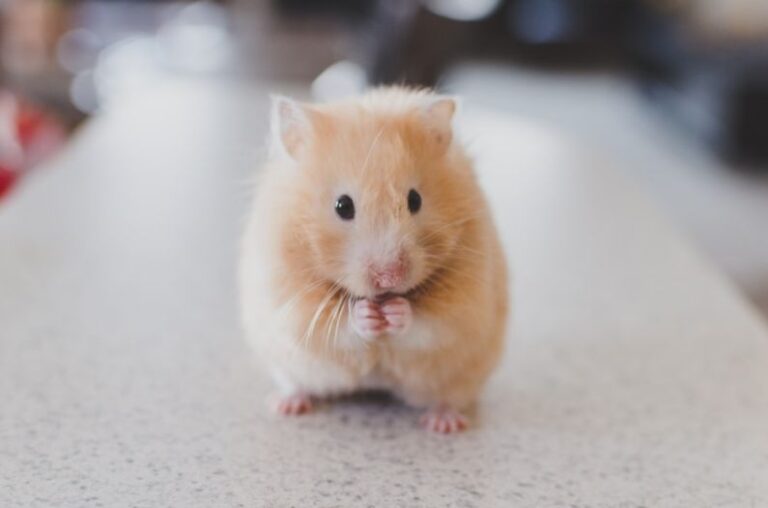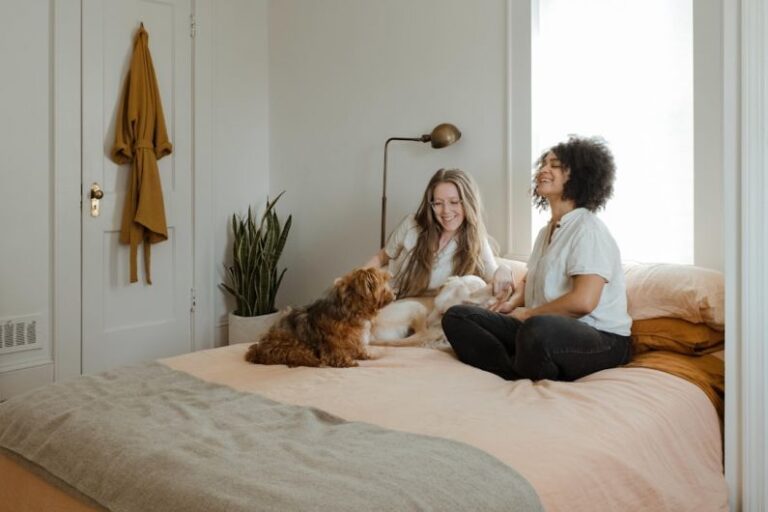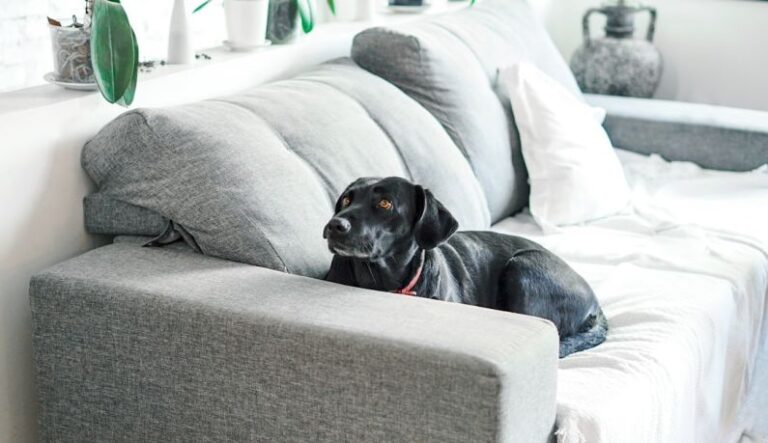The Best Lighting for Pets at Home
Pets are not just animals; they are cherished members of the family. As pet owners, we strive to provide them with the best care and environment possible. One crucial aspect of pet care that is often overlooked is the lighting in our homes. The right lighting can significantly impact our pets’ well-being and overall quality of life. In this article, we will explore the importance of proper lighting for pets at home and provide tips on how to create an optimal lighting environment for our furry friends.
Understanding the Importance of Lighting for Pets
Lighting plays a vital role in the health and behavior of pets. Just like humans, animals have specific lighting needs that must be met to ensure their well-being. Proper lighting can affect their mood, energy levels, sleep patterns, and overall health.
Natural sunlight is the best source of light for pets as it provides essential vitamins and promotes a sense of well-being. However, not all pets have access to natural sunlight, especially those that spend most of their time indoors. In such cases, it becomes crucial for pet owners to mimic natural lighting conditions within their homes.
Creating an Optimal Lighting Environment for Pets
When it comes to choosing the best lighting for pets at home, there are several factors to consider. From the type of light bulbs to the placement of lighting fixtures, every detail matters in ensuring your pets are comfortable and happy.
Natural Light vs. Artificial Light
Natural light is the gold standard when it comes to lighting for pets. If possible, place your pet’s bed, crate, or favorite resting spot near a window where they can bask in the sunlight. This will not only provide them with much-needed vitamin D but also help regulate their circadian rhythm.
However, if natural light is not readily available, artificial light can be a suitable alternative. When choosing artificial lighting for your pets, opt for full-spectrum light bulbs that mimic natural sunlight. These bulbs provide a balanced spectrum of light that closely resembles the sun’s rays, promoting a sense of well-being in your pets.
Avoid Harsh Lighting
Just like humans, pets can be sensitive to harsh lighting. Avoid using bright, glaring lights that can cause discomfort or stress to your furry companions. Instead, opt for soft, diffused lighting that creates a cozy and inviting atmosphere for your pets.
Consider Your Pet’s Needs
Different pets have different lighting needs based on their species, breed, age, and health condition. For example, reptiles require specific UV lighting to help them metabolize calcium, while birds benefit from full-spectrum lighting to maintain their plumage and overall health. Consider your pet’s unique lighting requirements and tailor your lighting setup accordingly.
Creating a Relaxing Nighttime Environment
Just as important as providing adequate lighting during the day is creating a relaxing nighttime environment for your pets. Avoid leaving bright lights on overnight, as this can disrupt your pet’s sleep patterns. Instead, opt for dim, warm lighting or night lights that provide a gentle glow without disturbing your pet’s rest.
The Benefits of Proper Lighting for Pets
Ensuring your pets have the right lighting at home comes with a multitude of benefits. Proper lighting can help reduce stress and anxiety in pets, improve their mood and behavior, enhance their overall health, and promote better sleep quality. By taking the time to create an optimal lighting environment for your furry friends, you are investing in their well-being and happiness.
In conclusion, the best lighting for pets at home is one that mimics natural sunlight, provides a comfortable and soothing environment, and meets your pet’s individual lighting needs. By understanding the importance of lighting for pets and taking the necessary steps to create an optimal lighting setup, you can ensure that your furry companions thrive in a well-lit and nurturing environment. Remember, our pets deserve the best, and proper lighting is a crucial component of their care and well-being.






